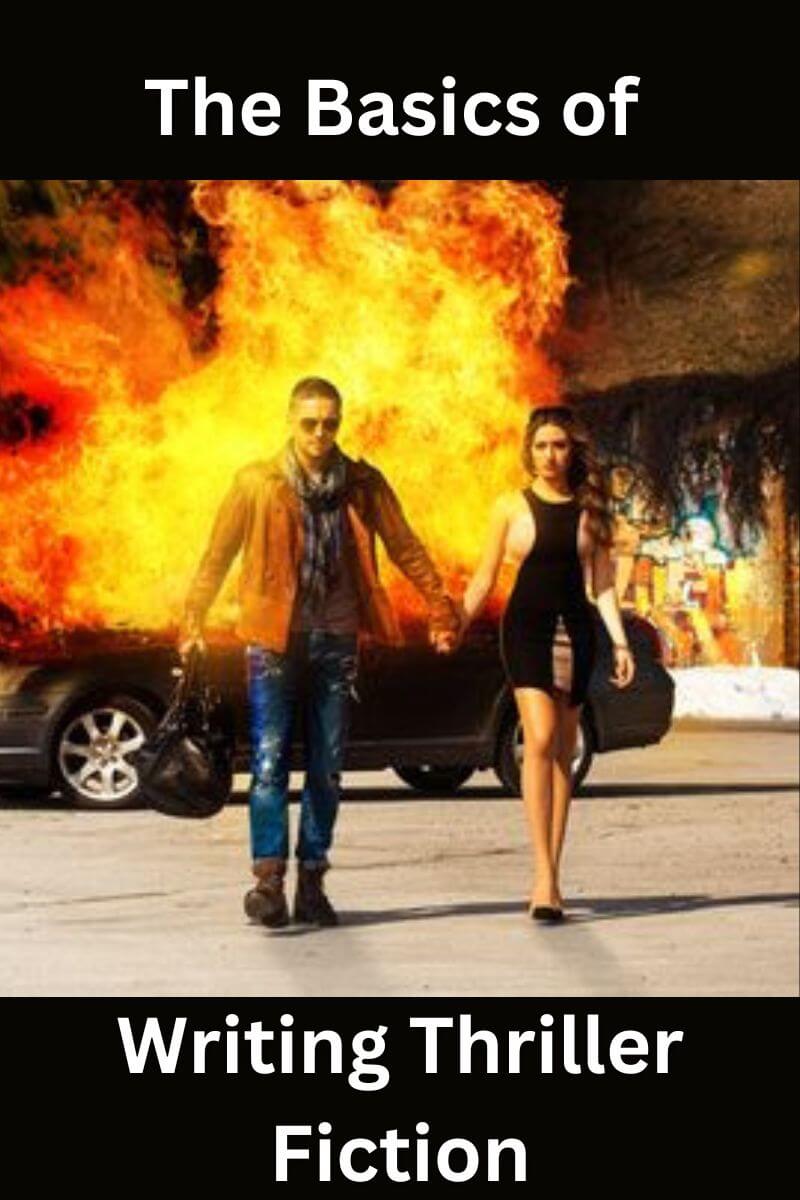Obligatory scenes for Low Fantasy and Mystery Genres
by Karen
(Georgia, USA)
Question: Love your site!
Could you please list the obligatory scenes for Low Fantasy and also for Mysteries (two separate lists).
My current WIP is a serial killer-type Mystery with magical elements, and is set in a present-day, small Southern town. It's written in First Person.
Any help would be most appreciated.
Answer: Well...
Low fantasy is not really defined by plot (or by extension, obligatory scenes) but by the fact that the story world will have some element of magic or the supernatural. With that element in place, the actual story that takes place in that world may be an adventure, thriller, mystery, romantic suspense, or any other type of plot.
However, the easiest approach to structuring the plot for any story is to use the W-Plot...
https://www.how-to-write-a-book-now.com/w-plot.html
Assuming you are writing a mystery within the fantasy world, I would suggest you start by defining the 5 drivers. Some guidelines as follows.
Driver 1: The event without which the rest of the story would not happen. In some mysteries, this is the first murder. In other mysteries, it is an event that seems innocuous at the time but actually causes the first murder to happen.
Driver 2: A change in direction. In mysteries of the second type, this is the first murder. In others, it may be the discovery that the death is a murder, or some other event that changes or complicates the situation.
Driver 3: Another change in direction, usually one that shows the detective has been on the wrong track. It might be the discovery of a second body or that the prime suspect is innocent.
Driver 4 (Crisis): The detective hits a dead end but then has a flash of inspiration or a revelation that points to the solution.
Driver 5 (Resolution): This is the moment when the killer's identity is revealed.
Remember that in mysteries, one plotline is often hidden (that of the villain's actions). The detective may see the results of those actions, but not what is going on behind the scene.
For a more detailed classic approach to mystery writing, you might also check out...
http://ticket2write.tripod.com/id28.html
Best of luck.
Comments for Obligatory scenes for Low Fantasy and Mystery Genres
|
||
|
||
|
||
- Home
- Genres
- Genre Questions
- Obligatory scenes for Low Fantasy and Mystery Genres











